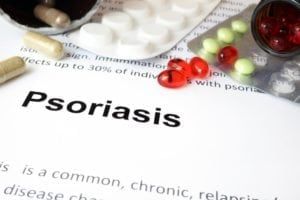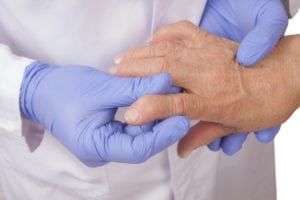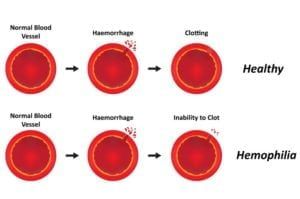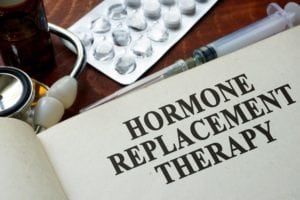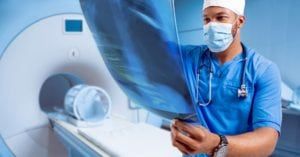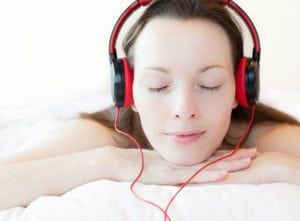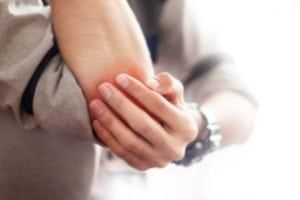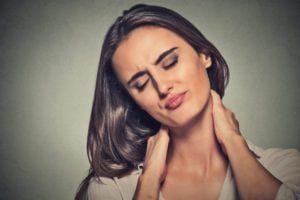Sleep medicine is a branch of medicine devoted to the diagnosis and treatment of sleep disorders and disturbances. The average adult under age 65 needs between 7 and 8 hours of uninterrupted sleep each night; children and teens need more. Sleep medicine is for patients who experience abnormal sleep patterns, whether it is prolonged sleep, uncontrolled sleep, inability to sleep, or unhealthy activity during sleep. Sleep medicine can be used to diagnose a variety of disorders, including:
- Sleep Apnea
- Insomnia
- Narcolepsy
- Snoring
- Sleep Walking/Talking
- Restless Legs Syndrome (RLS)
Did you know…
that your body requires sufficient sleep to carry out important functions, like repairing cells, recharging the brain, and releasing hormones? Yet nearly 1 in 3 adults gets far less than the recommended amount of sleep each night. According to the Centers for Disease Control, researchers estimate that between 50 and 70 million people in the U.S. suffer from some type of sleep or wakefulness disorder.
Frequently Asked Questions
Is sleep medicine something I should consider?
You may need to consult with a doctor if you:
- Have difficulty staying awake during the day, such as when driving or at work
- Experience chronic fatigue
- Find yourself needing frequent naps
- Have difficulty falling asleep or staying asleep at night
- Wake in other places than where you fell asleep
- Find signs of activity (walking, cooking, etc.) during sleep, but have no memory of it
What should I expect when visiting with a sleep specialist?
If you decide to visit with a doctor about your symptoms, you can expect the initial consultation to involve a lot of questions about your sleeping habits. It may help to keep a ‘sleep diary’ in the weeks prior to your appointment to help your doctor achieve a thorough understanding of your routine and behaviors. Your doctor may also ask to speak with your bed partner, as he or she is more likely to have noticed disturbances, such as snoring or sleep walking.
If your doctor suspects that you may have a sleep disorder, you may be asked to complete a sleep study. This usually occurs during your normal sleep hours. A sleep technician will observe and monitor sleep activity through sensors that monitor brain activity, breathing, heart rate and other biological functions. You will also be observed for movement, such as limb movement, talking, walking, or teeth grinding.
What types of treatments are available to people with sleeping disorders?
Your doctor will use the information gathered from your consultation and sleep study to make a diagnosis. There are treatments available to manage most sleep disorders and disturbances. For examples, if you suffer from sleep apnea that disrupts your breathing and oxygen levels during sleep, you may be prescribed CPAP Therapy to provide continual pressure to the airways and facilitate healthy nocturnal breathing patterns. Other sleep disorder treatments include medications, behavioral therapy, counseling, and in some cases surgery.
Resource:
http://www.cdc.gov/features/dssleep/




























































































































































































































































































